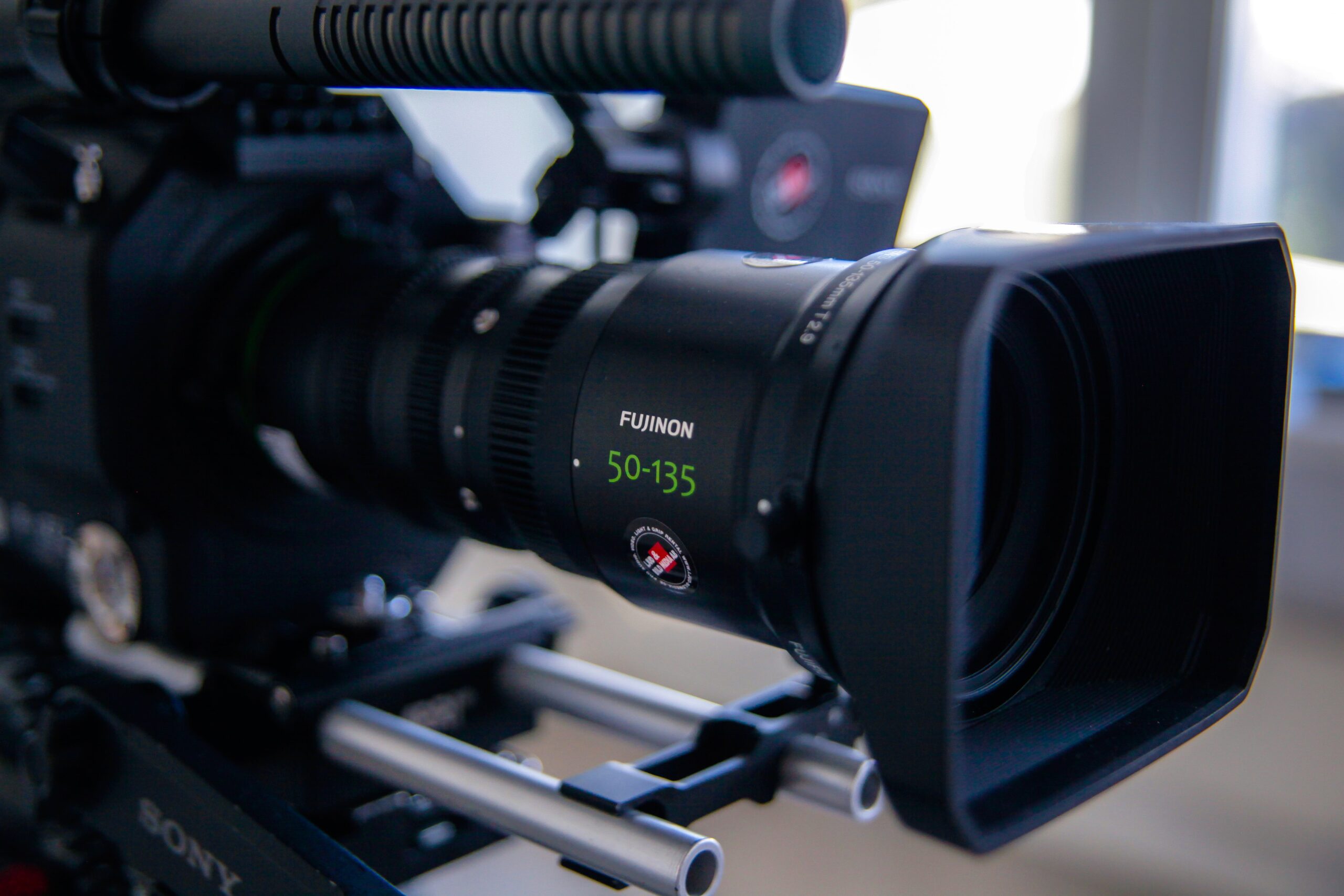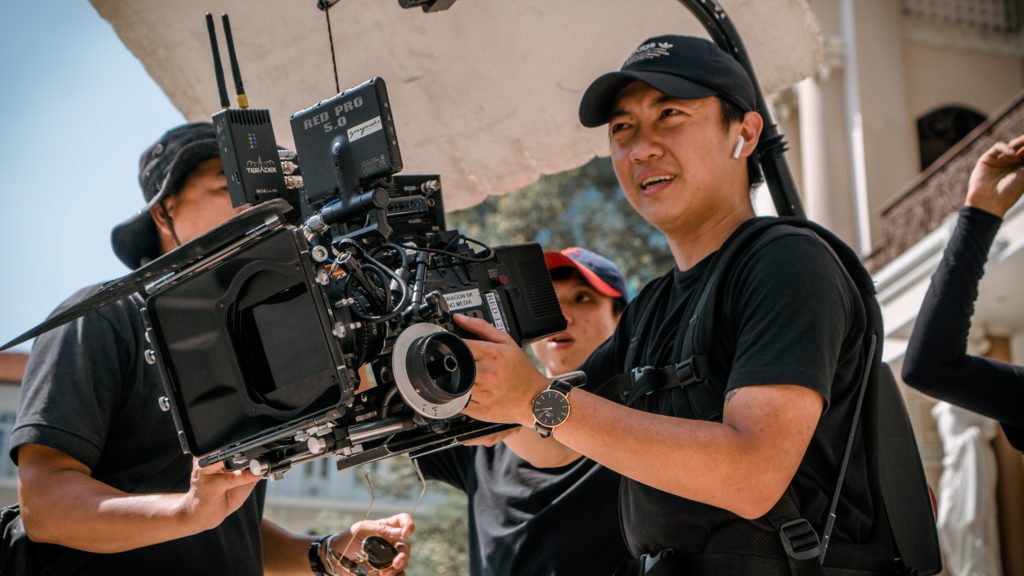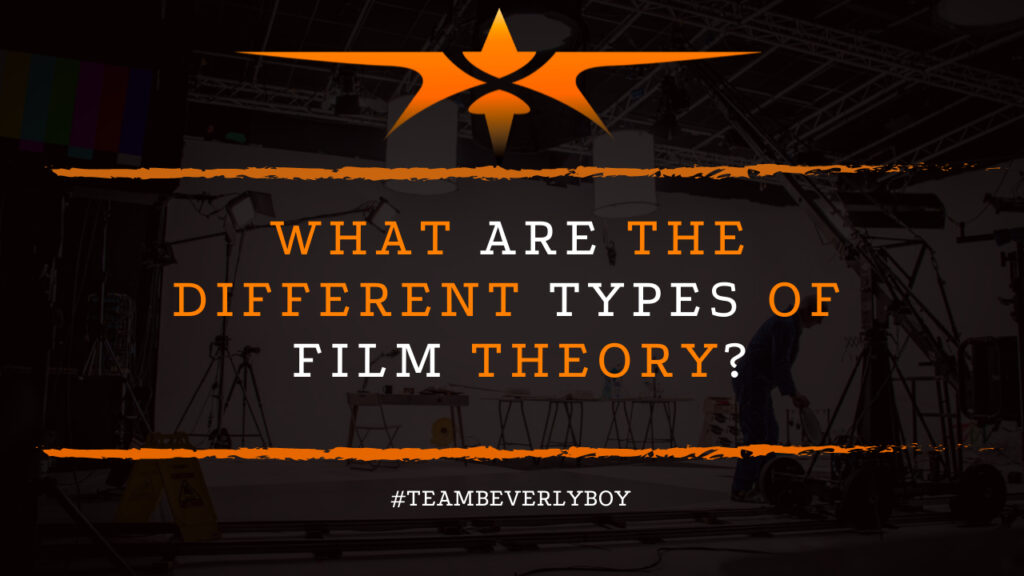What are the Different Types of Film Theory?
The study of formal film analysis is an important concept that any filmmaker or aspiring production should consider. However there are several different types of film theory for approaching the concept of film analysis and formal representation. These approaches allow the spectator to perform formal investigation of individual elements of sound, editing, cinematography and mise-en-scene in order to come to the most appropriate final analysis of the film. If you’re new to film analysis, you’re probably wondering what the different types of film theory are. And how film analysis represents them.

WHAT IS FILM THEORY?
The debate into the essence and underlying conceptual framework of any cinematic production is represented by film theory.
Film theory, similar to traditional theories in the study of written literature, applies to films of all types.
And represents a unique means of examining critical concepts in the storytelling, production, and other creative elements of a film.
DIFFERENT TYPES
Moreover, through the years, scholars and film theorists have established several different types of film theory.
It is upon these typical elements of a film and traditional underlying storytelling which the concept of film theory establishes.
THE FOLLOWING TYPES OF FILM THEORY EXIST:
- Historical Film Theories
- National Cinema Theories
- Auteur Theory
- Formalist Film Theory
- Ideological Film Theory
- Cognitive Film Theory
- Feminist Theory
- Queer Theory
- Psychoanalytic Film Theory
- Linguistic Film Theory
- Marxist Theory
- Structuralist Film Theory
- Schreiber Theory
UNDERLYING CONCEPTS
Naturally film studies surround many of these theories. And have particular focus on the underlying concepts that theorists establish for each of these styles of film study.
HISTORICAL FILM THEORIES
Of the different types of film theories, historical approaches to film study frequently involve the investigation of a film and its production concepts.
Based largely on the timeframe upon which the film was produced. Historical film theories explore films, film elements, and storylines based on their historical place in production time.

NATIONAL CINEMA THEORIES
National cinemas or the national study of film theories approach film study through political climates representative of the nation where the film was produced.
Furthermore, the different types of film theories which focus on national cinematic approaches to study seek to understand a film based on the nation in which it was produced.
The Takeaway
So, how much do book authors receive for film rights? It really depends on the book and the negotiations that are made, as well as on the production budget.
Different rights will come with different expenses and a higher budget could lead to a higher reward for the author.

